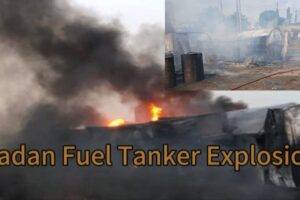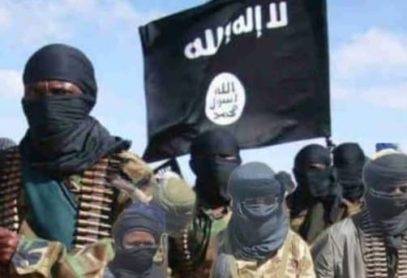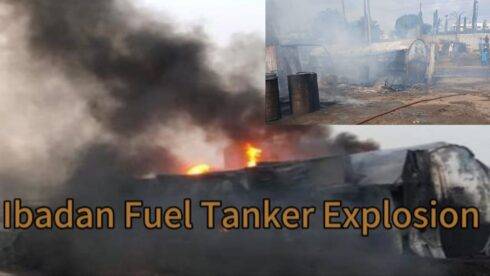The ISIS-affiliated Al-Furqan Foundation recently disseminated an alarming audio recording titled “Kill them whenever you find them,” delivered by Shaikh Mujahid Abu Hudhyfah Al-Ansari, inciting a widespread assault worldwide. The rhetoric behind this call for violence stemmed from the ongoing Israeli bombardments in Gaza. Consequently, various ISIS-associated groups have escalated their attacks within their operational regions. Regrettably, ISWAP (Islamic State West Africa Province) has shifted its focus to targeting vulnerable communities and commuters, notably employing IEDs to carry out lethal assaults, resulting in numerous fatalities and the destruction of villages.
ISWAP Adopts Guerrilla Tactics Amidst Leadership Evacuation: ISIS
Facing significant military air and ground offensives that have severely debilitated their strength, ISWAP has altered its strategy, preferring guerrilla warfare over direct confrontations. The sustained onslaughts and internal conflicts within the group have compelled a strategic relocation of leadership from Lake Chad’s Tumbums to the Timbuktu Triangle and Alagarno regions, aiming to evade imminent battlefield elimination. Frustrated by a wave of surrenders among their ranks, ISWAP resorted to eliminating key leaders, including Kime, Abou Yahaya, Abou Huzayfah, and Malam Ba’ana Chingori.
Internal Strife and Leadership Losses Plague Boko Haram: ISIS
The tension within Boko Haram’s ranks intensified after a leaked video surfaced, depicting the execution of Ya Shuru, a prominent cleric, for attempting to surrender. In the video, Ya Shuru denounced the leadership, accusing them of distorting the principles of Allah. His execution further highlighted the disillusionment among Boko Haram members, as Ya Shuru, a respected cleric, sought to sever ties with the group due to its fraudulent and deceitful nature.
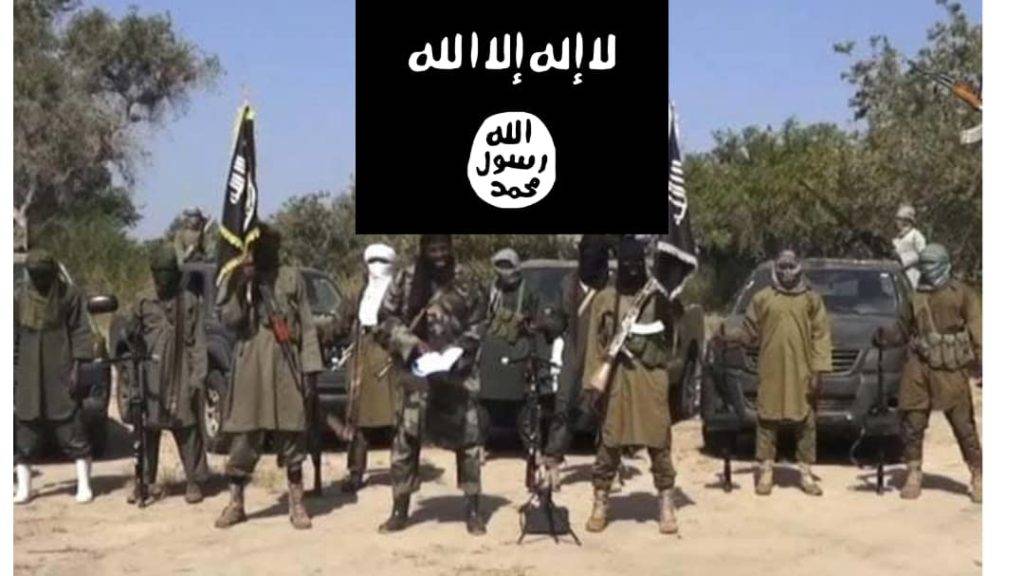
The dwindling combat capabilities of both ISWAP and JAS (Jama’at Ahl as-Sunnah lid-Da’wah wa’l-Jihād, or Boko Haram) have been evident, with mass desertions weakening their forces. The remnants engage in sporadic attacks on farming communities, kidnappings for ransom, and armed robberies, revealing their declining influence and resorting to attacking each other despite advocating coexistence within their ranks.
The increased surrender of fighters from both factions portrays the diminishing appeal and credibility of these terrorist groups, signaling a critical turning point in the fight against their terror activities. . . Boko Haram Faces Public Backlash as Support Wanes
In the Northern Region of Nigeria, the once high acceptance rate of Boko Haram, standing at nearly 65%, has significantly dwindled as the populace gains insight into the group’s cruel ideology and activities detrimental to societal development. This decline in support has posed challenges for the government in dealing with the group’s lingering impact. However, with a shift in public sentiment against Boko Haram, the group now grapples with mounting resentment and a decreasing following, altering their once fortified position.
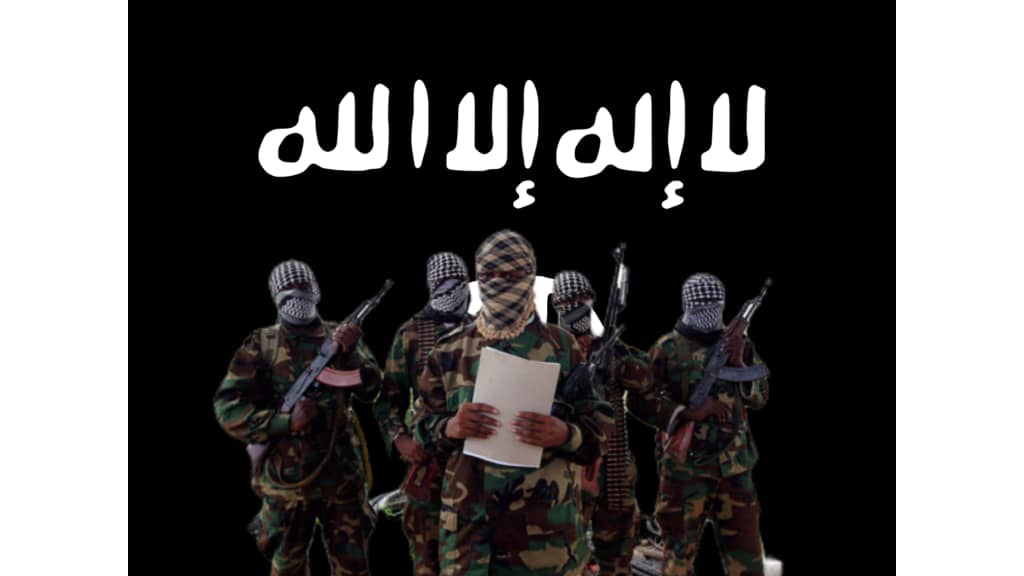
Decline in Acceptance and Ideological Shift
Initially embraced by a substantial portion of the populace, Boko Haram’s influence reached staggering heights, making it challenging for the government to curb their activities. The group’s doctrines, often steeped in extremism, initially resonated with disenfranchised segments of society, leading to a significant support base. However, recent times have seen a dramatic ideological shift among the people. The once substantial support, nearing 65%, has eroded considerably due to increased awareness of the group’s cruel tactics and ideologies that run contrary to societal progress.
Challenges Faced by Boko Haram Amid Public Resentment
The diminishing support and growing resentment towards Boko Haram have resulted in a considerable loss of followers and sympathizers. This significant shift in public sentiment marks a turning point in the group’s influence and foothold in the region. With the people now apprehensive of the group’s intentions and disillusioned by their actions, Boko Haram faces an uphill battle in maintaining relevance and influence. The group’s declining fortunes reflect the changing perception of the populace, posing a challenge to Boko Haram’s ability to sustain its operations amidst mounting opposition.
Table of Contents
Discover more from OGM News NG
Subscribe to get the latest posts sent to your email.








